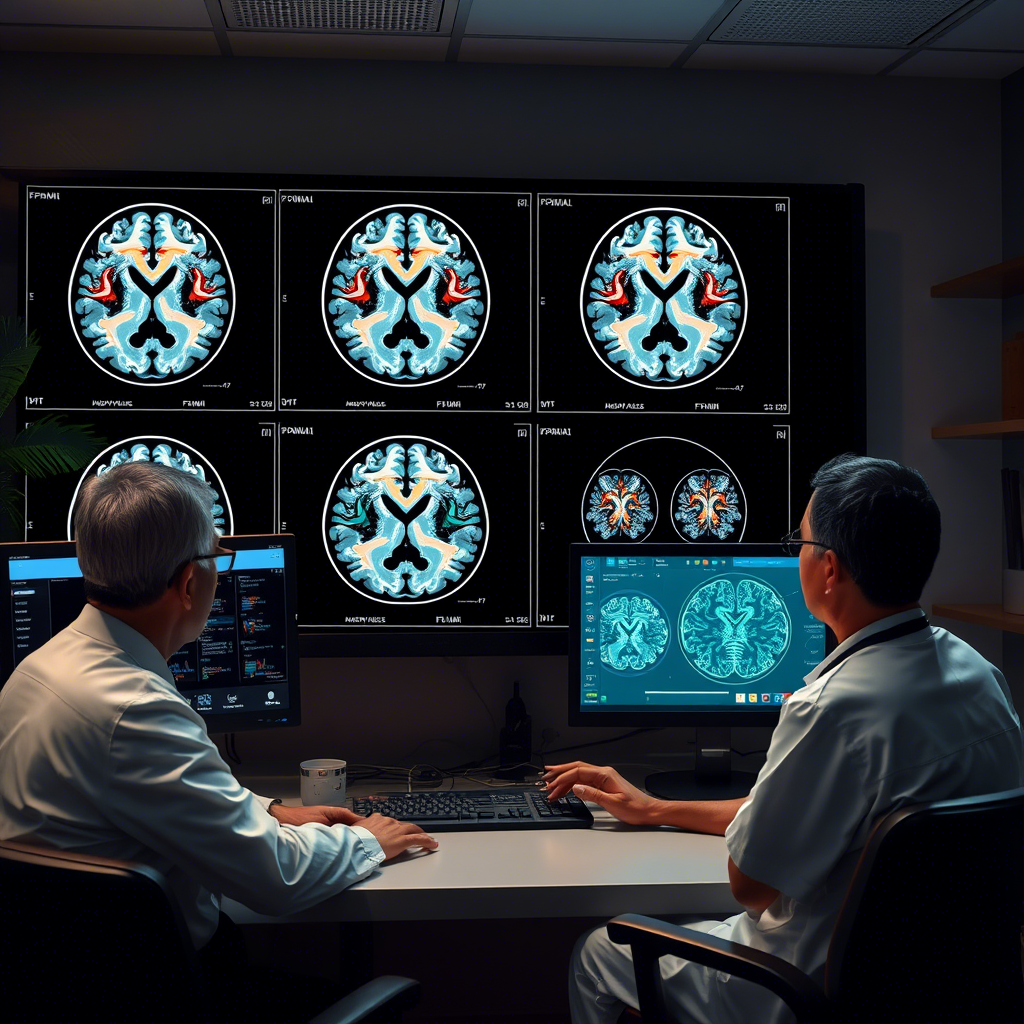Many people use the terms “mental health” and “brain health” interchangeably, but they actually refer to different aspects of well-being. While they are closely connected, understanding the difference is crucial for getting the right treatment. If you’re in Honolulu and looking for ways to improve your cognitive function or emotional well-being, knowing whether you need Brain Health Treatment Honolulu or mental health support can make all the difference. This article explores the relationship between mental and brain health, how they affect each other, and the best treatment options available.
Understanding Mental Health vs. Brain Health
Mental health refers to emotional, psychological, and social well-being. It influences how we think, feel, and behave in daily life. Conditions like depression, anxiety, and bipolar disorder fall under mental health. Brain health, on the other hand, focuses on the physical and functional state of the brain. It includes memory, cognitive function, and neurological conditions like Alzheimer’s, stroke, or traumatic brain injuries.
How Mental Health Affects Brain Health
Chronic stress, anxiety, or depression can physically change the brain over time. Studies show that long-term mental health issues may shrink the hippocampus (the memory center) and disrupt neurotransmitter balance. This is why untreated depression can sometimes lead to memory problems or difficulty concentrating.
How Brain Health Affects Mental Health
When the brain is damaged or not functioning optimally—due to injury, disease, or chemical imbalances—it can lead to mental health struggles. For example, someone with a concussion or neurodegenerative disease may develop mood swings, irritability, or depression as a result.
Key Differences Between Mental and Brain Health
While they overlap, mental health and brain health require different approaches to diagnosis and treatment.
Mental Health Focuses on Emotions and Behavior
Therapies like cognitive-behavioral therapy (CBT), counseling, and medication (e.g., antidepressants) target thought patterns and emotional regulation. Mental health treatment often involves talk therapy and lifestyle changes.
Brain Health Focuses on Physical and Cognitive Function
Brain Health Treatment Honolulu may include neuroimaging (MRI, CT scans), cognitive rehabilitation, or medications that improve blood flow and neuron function. Neurologists, rather than psychiatrists, typically handle brain health issues.
When to Seek Brain Health Treatment in Honolulu
Certain symptoms suggest a brain health issue rather than a purely mental health one. If you or a loved one experiences the following, a neurological evaluation may be necessary:
Memory Loss and Confusion
While occasional forgetfulness is normal, persistent memory lapses, disorientation, or trouble following conversations could indicate conditions like dementia or brain injury.
Sudden Mood or Personality Changes
If someone with no history of mental illness suddenly becomes aggressive, paranoid, or emotionally unstable, it might be due to a brain tumor, stroke, or hormonal imbalance.
Difficulty with Movement or Speech
Slurred speech, tremors, or muscle weakness often point to neurological disorders like Parkinson’s, multiple sclerosis, or stroke—not just mental health problems.
Treatment Options for Brain Health in Honolulu
Honolulu offers advanced medical care for brain-related conditions. Depending on the diagnosis, treatment may include:
Medication Management
Doctors may prescribe drugs to improve blood flow, reduce inflammation, or enhance neurotransmitter function. For example, Alzheimer’s patients often receive cholinesterase inhibitors to slow cognitive decline.
Cognitive Rehabilitation Therapy
After a brain injury or stroke, speech therapy, memory exercises, and problem-solving training help patients regain lost skills. Honolulu rehab centers specialize in personalized recovery plans.
Lifestyle Interventions for Brain Health
Simple changes can significantly impact brain function:
- Diet: Omega-3s (found in fish) and antioxidants (berries, leafy greens) support neuron health.
- Exercise: Physical activity boosts blood flow and neuroplasticity.
- Sleep: Poor sleep accelerates brain aging; 7–9 hours nightly is ideal.
Mental Health Support vs. Brain Health Treatment
Sometimes, both approaches are needed. For example:
- A depressed stroke patient may need antidepressants (mental health) + physical therapy (brain health).
- Someone with anxiety and early dementia could benefit from CBT + memory-enhancing medication.
Honolulu’s healthcare providers often collaborate to create integrated treatment plans.
Preventing Brain Health Decline
Protecting your brain reduces the risk of both neurological and mental health problems. Key strategies include:
Managing Chronic Stress
High cortisol levels damage brain cells over time. Techniques like meditation, yoga (widely available in Honolulu), and deep breathing can mitigate this.
Regular Cognitive Challenges
Learning new skills (e.g., a language or instrument) strengthens neural connections. Honolulu’s community centers often offer adult education classes for this purpose.
Social Engagement
Loneliness correlates with cognitive decline. Participating in group activities, volunteering, or cultural events in Honolulu keeps the brain active.
Conclusion:
Mental health and brain health are deeply linked but distinct. While mental health care addresses emotions and behavior, Brain Health Treatment Honolulu focuses on optimizing physical brain function. If you’re unsure whether symptoms stem from a mental or neurological issue, consult both a psychiatrist and neurologist for comprehensive evaluation. With Honolulu’s cutting-edge medical resources—from cognitive therapies to advanced diagnostics—you can achieve better brain and mental health for a fuller, healthier life.




One thought on “Is Mental Health the Same as Brain Health?”
Comments are closed.